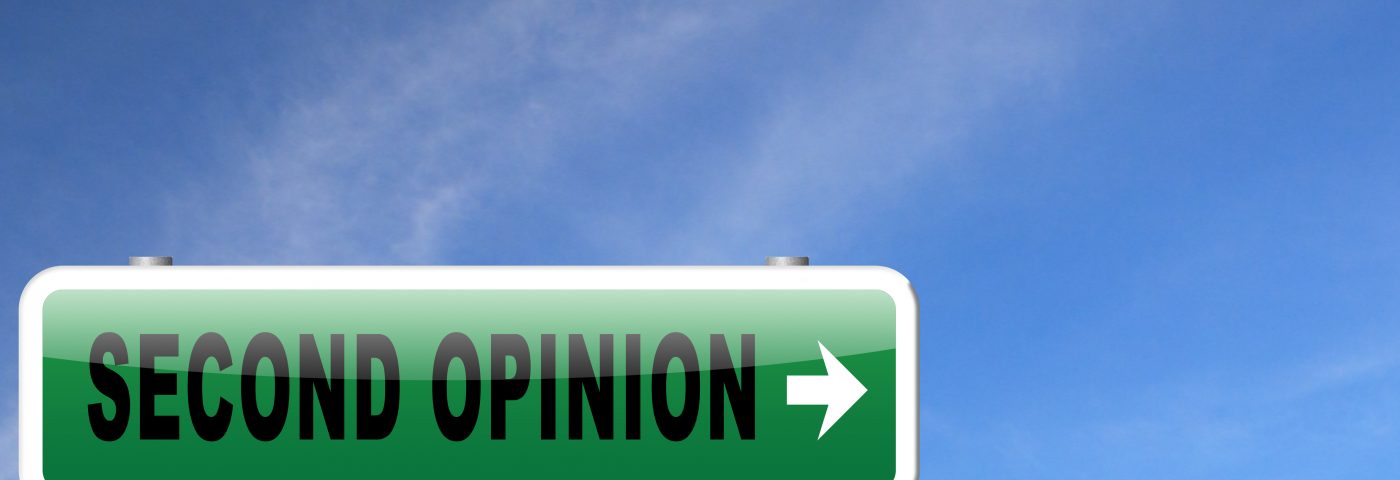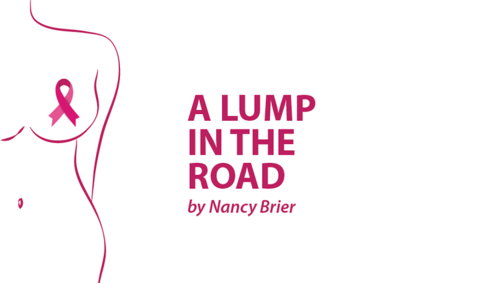It should have been me, honestly! I should have been one of the women Dr. Michel Choueiri described, when we talked recently about patients who typically don’t get potentially life saving second opinions after a cancer diagnosis.
Dr. Choueiri trained at MD Anderson Cancer Center and University of Southern California San Diego, and now splits his time between Houston and San Diego. He’s also the founder of cancerdocs.org, a website that helps patients access second opinions and seek answers to their concerns.
The system, such that it is, did its best to force me into the ranks we discussed, and if it would have succeeded, I would be dead now. My husband would have lost his wife, my daughter would be motherless, and my extended family and friends would be grieving. I wouldn’t have been able to enjoy this glorious day.
I’m talking about disenfranchised women.
Those of us who are poor, rural, under-educated, of color. Those of us who don’t speak English well, who come from a different culture. And for good measure, I’ll throw in one more risk factor the doctor and I didn’t talk about but that comes from my own experience: those whose background includes abuse. We are the ones who often end up not getting our due at the doctor’s office, and when those factors coincide with cancer, the results can be deadly.
Some people might look at me, a white blonde woman, and wonder how I could consider myself among the “disenfranchised.” I am not exactly the poster child of what disenfranchisement looks like. But caring for patients based on the way they look and sound, and not on their symptoms, is at the core of this issue.
When I got my diagnosis, I was living in California’s poorest county. The unemployment rate there hovers chronically around 20 percent in some areas, and both of its hospitals serve the poorest of the poor.
As a child, I endured unspeakable abuse, a fact that clouds my thinking despite intervening decades which I have dedicated to recovery.
My status as a rural dwelling abuse survivor surrounded by poverty has given me a unique glimpse of what health care looks like for disempowered women. And my experience in that system nearly cost me my life.
“If a doctor tells you that you have cancer, get a second opinion.” That’s Dr. Choueiri’s expert and heartfelt advice with few exceptions.
It should have been me, but the second opinion saved me.
Research shows that a second opinion differs from a first one up to 60 percent of the time in cancer diagnosis or treatment. For me, the difference was life and death.
Here’s what happened:
I found a lump, about the size of an almond, in my right breast. The next day, I saw a doctor, and she told me it was nothing. A study conducted in the United Kingdom indicates that certain disenfranchised women are far more likely to have cancer symptoms dismissed. Although I am not part of that particular set of women, I know how they feel.
My doctor was wrong. It was cancer. In fact, it was breast cancer’s most aggressive form — triple negative.
I went to another doctor. He told me treatment would be impossible because I couldn’t pay for it. My diagnosis coincided with the onset of Obamacare, and the new health care law cancelled my insurance policy. That doctor told me I’d be dead in three to six months.
I went to a third doctor. She wanted to do a mastectomy the very next morning. As it turns out, a mastectomy was not in my best interest. Ultimately, I had neoadjuvant therapy (chemo given first prior to surgery) to shrink my tumor and then a nipple-saving lumpectomy. I’ve had no reconstructive surgery, and other than two tiny scars and pen-dot-size tattoos leftover from radiation, I’m largely unscathed from my bout with cancer treatment.
During this time, I was exhausted, consumed with worry, and exasperated with insurance issues. But my husband was tireless in his pursuit to save my life.
I have no doubt the doctors I saw are well meaning professionals pursing their life calling. But in my case, all three were wrong and would have left me disfigured at best and dead at worst.
So when I talked with Dr. Choueiri about the importance of second opinions, I listened carefully. I know how close that bullet came to my own breast and beseech other cancer patients to heed his advice.
If a doctor tells you that you have breast cancer, get a second opinion.
And if you, like me, are in that class of women the world recognizes as disenfranchised, you’re going to have to fight for it. Like a girl. Like a girl whose life depends on it.
Note: Breast Cancer News is strictly a news and information website about the disease. It does not provide medical advice, diagnosis, or treatment. This content is not intended to be a substitute for professional medical advice, diagnosis, or treatment. Always seek the advice of your physician or other qualified health provider with any questions you may have regarding a medical condition. Never disregard professional medical advice or delay in seeking it because of something you have read on this website. The opinions expressed in this column are not those of Breast Cancer News, or its parent company, BioNews Services, and are intended to spark discussion about issues pertaining to breast cancer.


